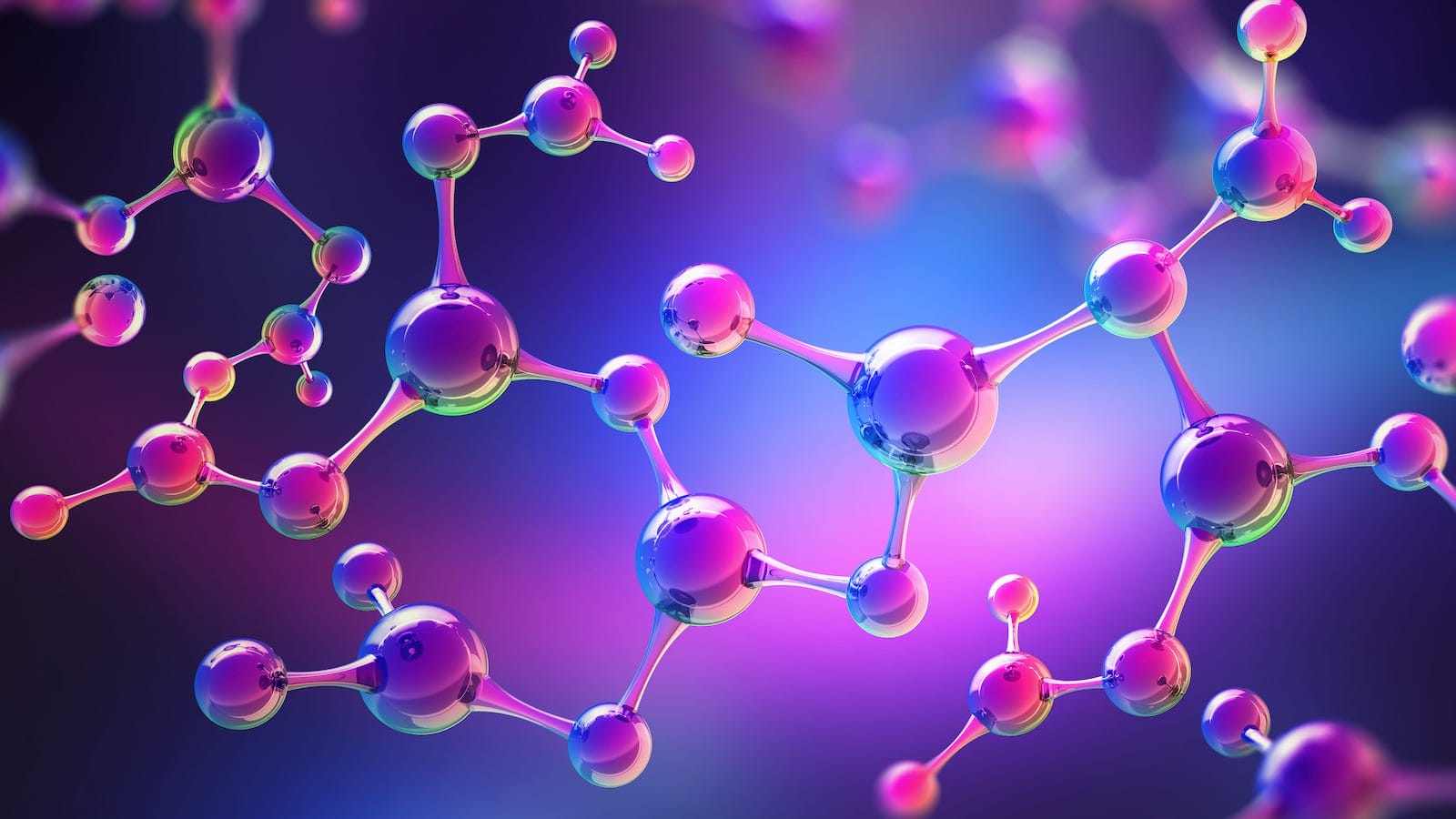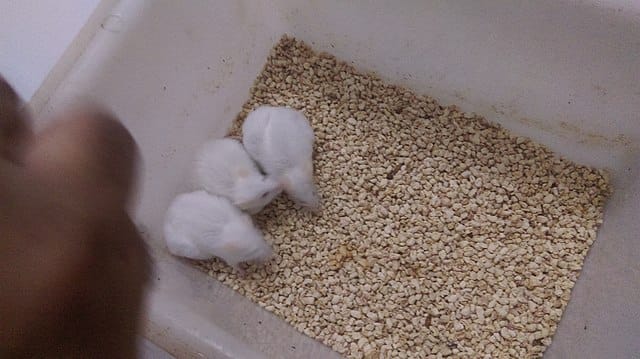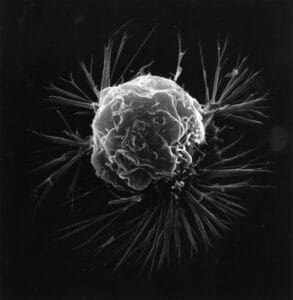Cancer is one of the fatal diseases that has been haunting the human community for many years. Several medications and therapies have been discovered like chemo, but the disease’s regrowth hasn’t been tackled fully. However, the new chemoimmunotherapy has shown remarkable results in eliminating cancer relapse.
Why cancer relapse takes place?
Researchers at the University of Pittsburgh School of Pharmacy state that cancer regrowth occurs because of a particular protein named Xkr8. This protein generally gets created from the remaining cells of the tumor after chemotherapy.

While chemotherapy is under process, an immunosuppressive component, phosphatidylserine (PS), plays the role of a protective shield to the remaining cells and restricts the method from fully eliminating the disease. Xkr8 backs phosphatidylserine to gather and become the safety shield of the tumor cells. This ultimately results in regrow of tumors.
Is chemoimmunotherapy fruitful against regrowth of cancer?
To stop cancer relapse, phosphatidylserine’s accumulation process must be stopped. In other words, the activity of the Xkr8 protein has to be restricted during the therapy. The University of Pittsburgh School of Pharmacy researchers have claimed to develop a therapy with a ‘dual-action nanoparticles’ approach against the tumor cells.
Read also- Researchers Develop Cancer-killing Molecule
The dual-action Chemoimmunotherapy has been tested on mice that have reflected positive results in reducing the magnitude of the tumor.
To control the production of Xkr8, researchers grew countless nanoparticles by mixing short-interference RNA (siRNA) and the FuOXP drug. To secure the safety of the nanoparticles in reaching the Target cells, their surface was filled with chondroitin sulfate (CS) and polyethylene glycol (PEG).
It has been noticed in the experiment that the dual-action nanoparticles were reaching the intended tumor cells. Chemoimmunotherapy further helped in producing T cells to a high level. The experiment has been carried out on different mice showing positive results, even those with pancreatic and colon cancer.

Though there are many steps to Chemoimmunotherapy that must be processed before making it available for clinical purposes. However, its significant results can be considered major steps toward controlling cancer relapse.





